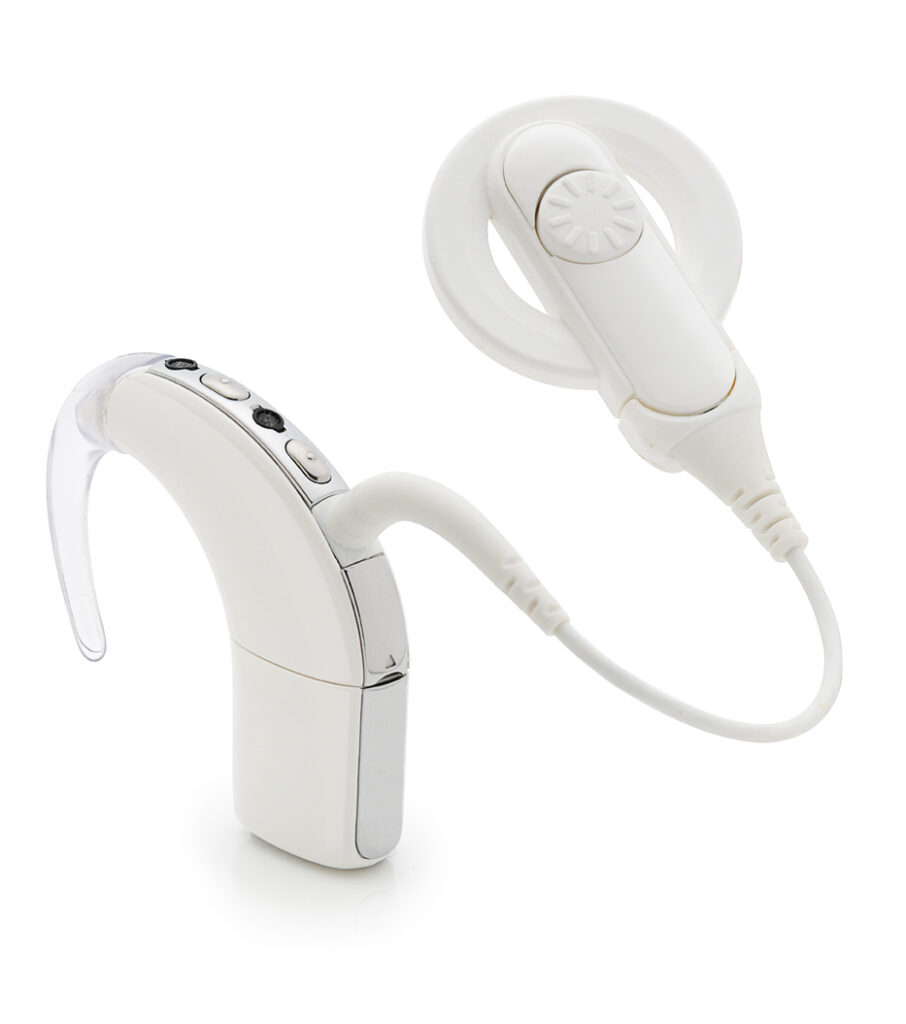Case Studies
COCHLEAR

How the global leader in hearing devices lead the charge into AI for customer service
Invention is always rewarding. Throughout history, innovation has made the impossible, possible, changing the world we live in and our lives. There are, of course, inventions that are more novel than others, providing entertainment through creative uses of knowledge and technology. And while these types of inventions are fun, it is the ones that really solve problems that make us stop and pause.
There are videos online that capture the moments of incredible inventions being put to use – a mom being brought back to life after surgery, a soldier receiving prosthetic limbs that function with mind control, a child being able to hear for the first time.
Behind each of these moments is an invention, an innovator who saw a problem and decided to do something about it.
In the case of hearing, most people take it for granted. In the moments where hearing is compromised, like with poor reception, faulty technology, too loud environments, it’s temporary and isolated, only affecting a small segment of regular life.
This is certainly an entirely different story if you are deaf.
Globally, it is estimated that 360 million people have disabling hearing loss, 32 million of which are children.
The Problem
Thanks to new hearing aid devices, including electronic hearing aids and cochlear implants, which are far superior than the first hearing aids created by Miller Reese Hutchinson in 1898, individuals who are deaf are able to hear practically everything. A fabulous invention, these devices have one critical problem: How do individuals communicate that they need help when something goes wrong?
From simple replacement batteries to complete replacements, a simple task like picking up the phone to get the customer service you need is not so simple if you can’t hear.
The Solution
As a leader in the hearing aid industry, Cochlear has strived to find innovative ways to better serve their customers’ unique needs, a lesson to learn from for every business. By launching their AI-backed chatbot, Cochlear has paved the way for all businesses to elevate their level of customer service.
Rather than making it difficult for their customers to get the services they need, Cochlear’schatbot provides support on preferred communication channels.
At the head of this innovation is Michael Edwards and Nils Alstad who, in a short six month pilot program, helped to ensure that over 50,000 people received the products and services they needed with the aid of artificial intelligence. Not only did Cochlear’s chatbot provide customer service, but they offered software updates, firmware updates, subscription services, user instructions, and more. This type of quick iteration skyrocketed Cochlear’s success, turning its chatbots into power employees, leveraging and enhancing the company’s SalesForce and Oracle databases simultaneously.
By using automated messaging through preferred communication channels, Cochlear ensures customer satisfaction and communication, providing an improved experience while reducing their cost on customer-based issues, such as incorrect shipments.
What’s Next
While Cochlear’s customer base is unique, their principles should be ones that every business adapts. Customer service is, and always should be, top priority. Through innovative AI-driven chatbot solutions, companies like Cochlear can easily develop smart ways to improve customer satisfaction while simultaneously reducing costs.
As AI chatbots become more capable of being highly personalized and customizable, the future of this type of customer service will be seamless with the rest of your life.
Imagine getting called for customer support instead of having to call yourself. And, when you do get called (or texted, or messaged), imagine the person (or bot) on the other end already knowing what you need and why you need it.
Intuitive automation? That’s something we all want to hear about.


